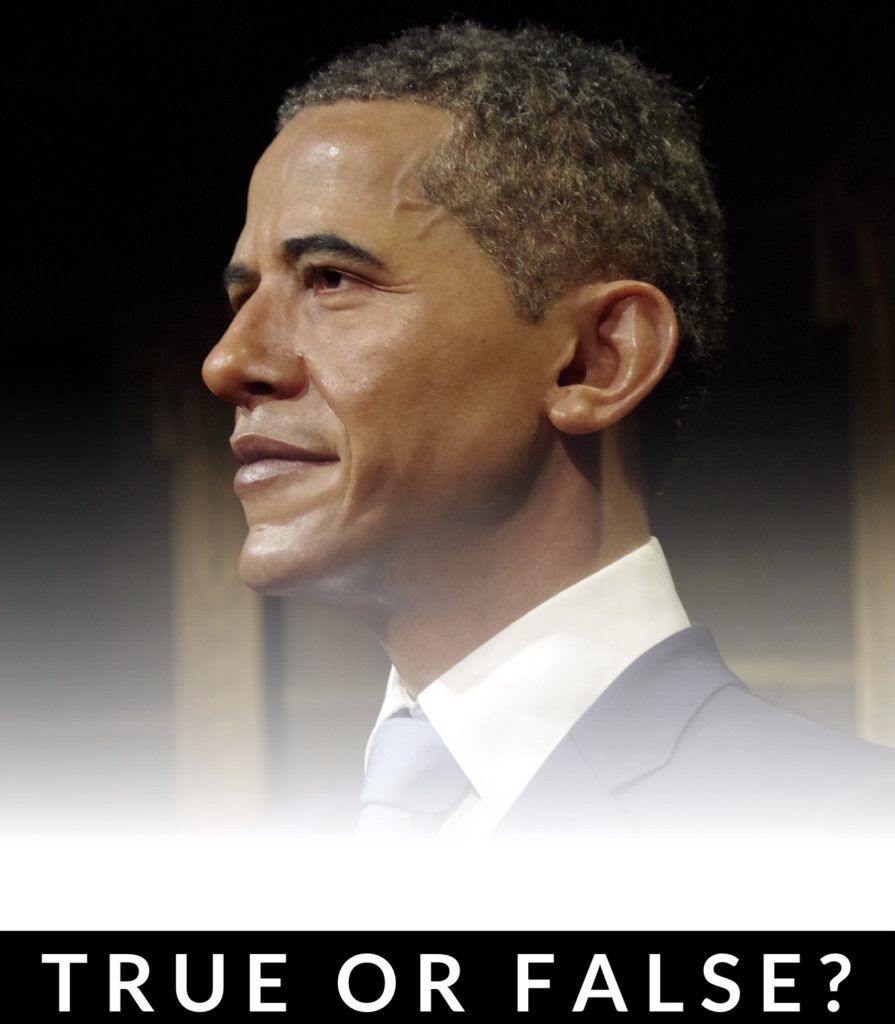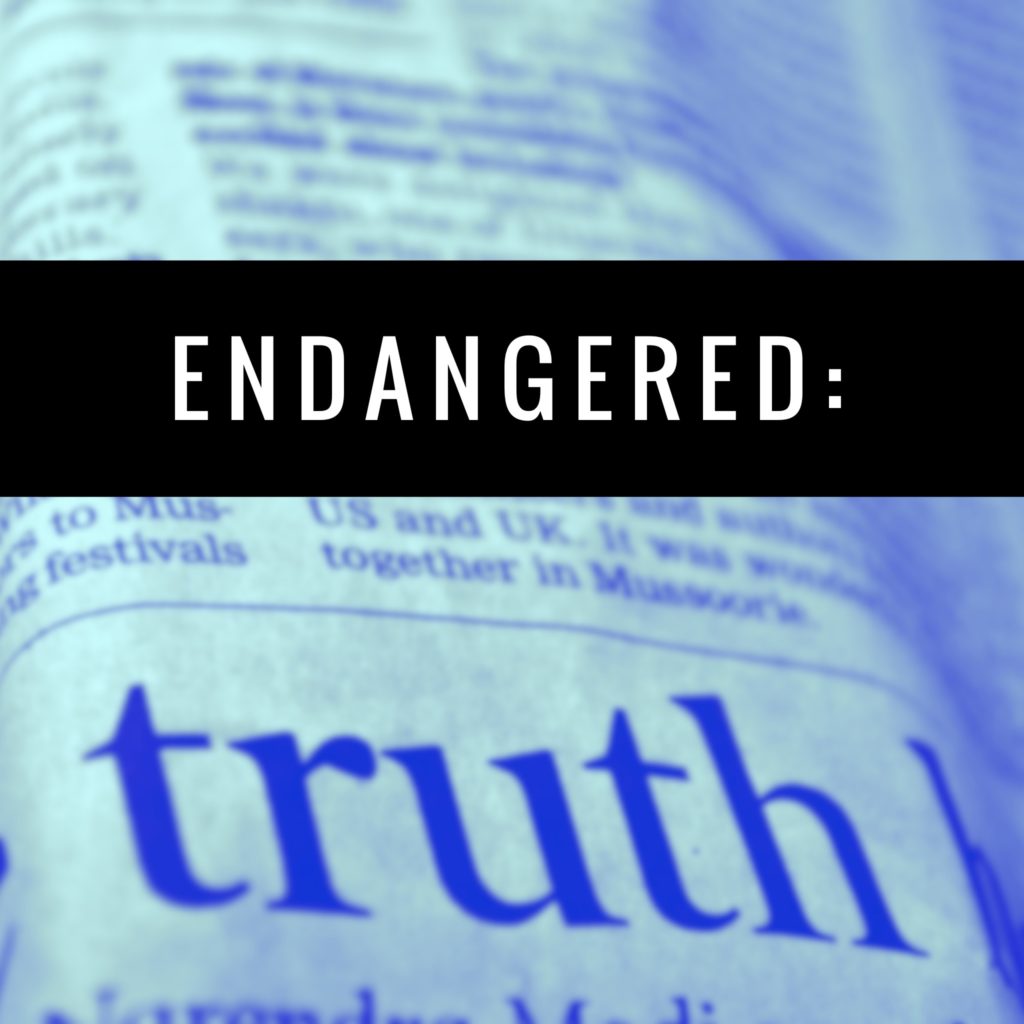
One of my back teeth started aching this week. I’m wondering if it’s a reaction to the rapid decaying of truth that’s impacting politics and culture today, both in the UK and the US.
I was aware of the term post-truth (Oxford Dictionaries’ Word of the Year in 2016), but hadn’t heard of truth decay until Obama started mentioning it in the interviews he’s been doing recently to publicise his new memoir.
At the same time as Trump was falsely claiming he won the US election, Obama was saying: “If we do not have the capacity to distinguish what’s true from what’s false, by definition our democracy doesn’t work.”
Truth decay is a concept first coined by Jennifer Kavanagh and Michael D Rich, authors of the eponymous 2018 book. They work for the RAND Corporation – a non-profit, non-partisan US research organisation.
They define the concept as follows: “Truth decay is a set of four related trends:
- Increasing disagreement about facts and analytical interpretations of facts and data.
- A blurring of the line between opinion and fact.
- An increase in the relative volume, and resulting influence, of opinion and personal experience over fact.
- Declining trust in formerly respected sources of factual information.”
So why has this happened? They have identified four drivers of truth decay:
1. Cognitive bias. We tend to believe the people we already agree with and stay in our information bubbles.
2. The rise of social media and the 24-hour news cycle.
3. The limited ability of educational systems to keep pace with changes in the information system.
4. Political, socio-demographic and economic polarisation.
The authors also mention that “various agents” can amplify these trends – especially those with the biggest platforms (e.g. Trump, and any number of Right-wing commentators on Fox News and Facebook).
It’s in this fertile ground that conspiracy theories and “alternative facts” are able to spread like Japanese knotweed – often taking root in the mainstream. But when we are confused about whose version of a story to trust, paranoia ensues and uncertainty rages – especially during a pandemic, when we still know so little about the virus that has conquered the globe.

As a former journalist (and proud of it), the notion of trusted sources cuts deep for me. I’m well aware that newspapers have different political agendas (and I have worked for both Right- and Left-wing publications, so I speak from experience), but at no time during my 40-year career as a writer and editor have I seen such wholesale meddling with consensus reality, or such a concerted challenge to a basic set of agreed facts.
When I worked for The Sunday Telegraph in the 1990s, it was drummed into me that this was a “newspaper of record”, and thus there was a great weight of responsibility on all of us to fact-check everything that was published, as the newspaper would form part of acknowledged British history.
I always took my responsibility as a “media gatekeeper” seriously. Going back to the beginning of my career, when I was a music journalist, it was much easier to tell the story as I saw it, but then readers knew I was expressing a subjective opinion.
Maybe truth decay is the inevitable result of the democratisation of publishing. These days, anyone can express a view or share information, whether verified or not, somewhere on the internet. Maybe there never was one shared truth – one version of consensus reality.
We tell ourselves stories all the time – some true, some not. Perhaps all we can hope for is to share authentic personal stories that acknowledge what is true for us – the emotional truth, if you will.
As I come to the end of this blog, my tooth has stopped aching. The story I’m going to tell myself is… that’s because I just acknowledged my own truth. I’m not sick to the back teeth any more.
Like Obama, I don’t want to live in a world where the truth doesn’t matter. But maybe there’s a seed of hope after all – a seed that is underground, waiting to germinate, feeding off the compost of decay.
Leave a Reply